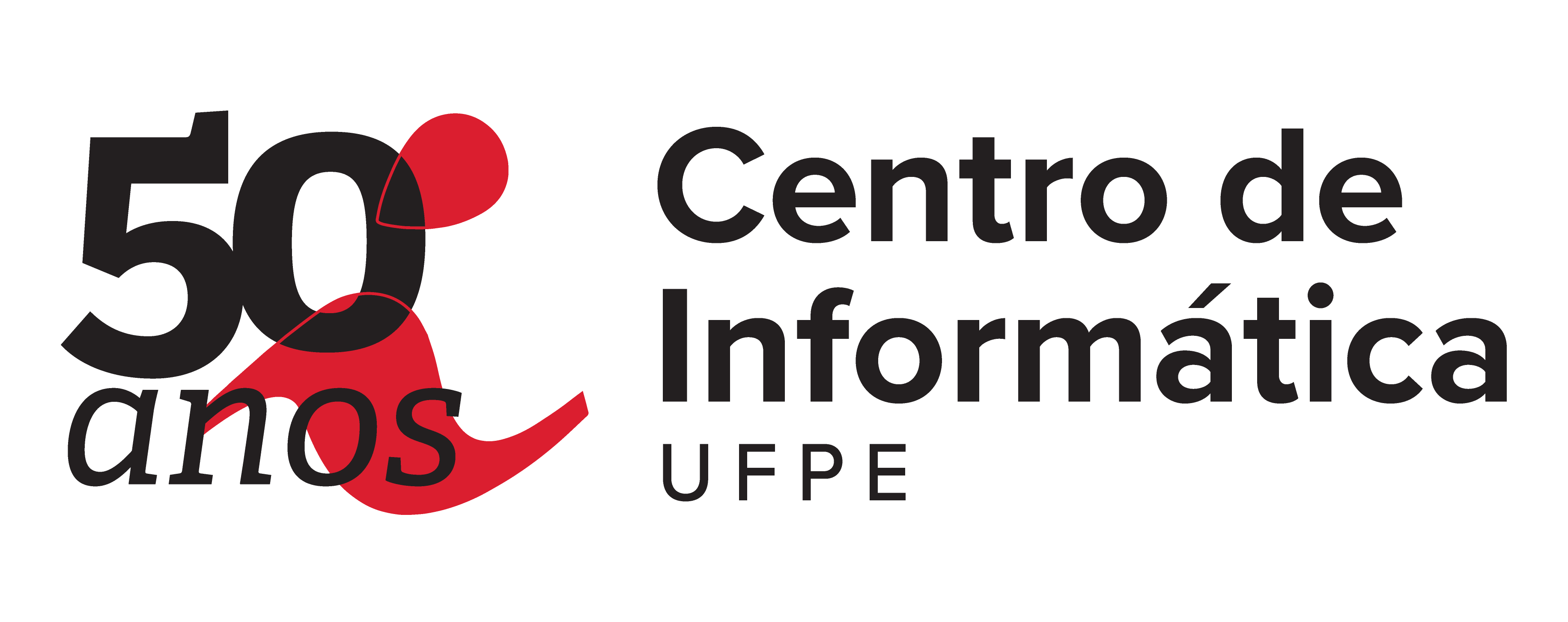O modo de vida com tecnologias digitais será abordado na palestra que será realizada hoje (8) no Centro de Informática (CIn) da UFPE. A professora Sarah Pink, docente da RMIT University, localizada na Austrália, será a ministrante da palestra intitulada “Design, Ethnography and digital futures: how we live with (digital) technologies”. O evento será realizado das 13h às 15h no Anfiteatro do CIn-UFPE.
A palestra trará uma abordagem de design, etnografia e antropologia ao dia a dia com tecnologias digitais, considerando as implicações disso ao que é pensado como futuros digitais. O desenvolvimento da tecnologia tem possibilitado novas realidades, como casas inteligentes, carros autônomos e aplicações com Internet das Coisas. Contudo, o olhar sobre essa tecnologia às vezes não considera como as pessoas vivem com essas ferramentas, e os modos improvisados como essas são usadas no dia a dia. A partir disso, a pesquisadora analisará três objetos para demonstrar um pouco sobre a relação entre as pessoas e essas tecnologias nos dias de hoje.
Sarah Pink é diretora do Digital Ethnography Research Centre e docente de Design and Media Ethnography da RMIT University. A abordagem de Sarah relaciona a etnografia digital e design com questões da contemporaneidade, trabalhando desafios através de um diálogo entre a pesquisa acadêmica aplicada com a prática.
Confira o resumo da palestra e o perfil completo da palestrante abaixo:
Palestrante: Sarah Pink, RMIT
Tema: Design, Ethnography and digital futures: how we live with (digital) technologies
Abstract: In this lecture, I will introduce a design ethnography and design anthropology approach to everyday life with digital technologies and consider the implications of this for how we think about our digital futures. Technology design and development has now made possible new realities that could include things such as smart homes, autonomous driving cars, and IoT (Internet of Things) applications. Yet often these visions of the technological possible do not account for how people live with technologies, and the contingent, messy and improvisatory ways in which we use technology in everyday life. To demonstrate the implications of the idiosyncrasy of everyday technology use and improvisation I will draw on examples from three projects: the Making Homes book and its companion website www.energyanddigital.com; the Laundry Lives design ethnography documentary and its website www.laundrylives.com; and research about self-tracking technologies taken from the Sensing, Shaping, Sharing project. These works develop an agenda for a design ethnography approach to people’s relationships with digital technologies that is based on a processual approach to understanding the world, and our lives in it, as ongoingly emergent. A design ethnography approach instead seeks to contextualise technology use differently with reference to the sensory, emotional, unspoken and not necessarily visible elements of people’s everyday engagements with technology. This offers us modes of understanding and that account for the messy and emergent nature of everyday life and technologies in the home and invites us to consider what the implications of this are, for instance, for designing future smart homes and what this might mean for future applications of IoT. To end I will consider how in a world of uncertainty a processual approach to design ethnography offers us ways to open up to possibilities where solutions-based approaches (which need to model the futures so that it can be designed for) can often be difficult to implement.
Short bio: Sarah Pink is the Director of the Digital Ethnography Research Centre and Distinguished Professor of Design and Media Ethnography at RMIT University. Sarah’s approach brings together digital ethnography and design to engage with contemporary issues and challenges through a dialogue between applied and academic research and practice. She works with academic and industry research partners internationally and has collaborated across different fields including design, engineering and arts and documentary practice. Her core research expertise is in: digital technologies in everyday life; environmental sustainability; consumer improvisation; safety; and human experience and perception. Sarah is also an international leader in innovative digital, visual and sensory research and dissemination methodologies.
Recent methodological books include Digital Ethnography: principles and practice(2016), Doing Sensory Ethnography (2015), and Doing Visual Ethnography(2013). Public dissemination projects include the Energy and Digital Living web site energyanddigitalliving.com (2014) and co-authored Un/Certainty iBook. New books for include Future Anthropologies(2017), Making Homes(2017) and Theoretical Scholarship and Applied Practice(2017).
Web site: http://digital-ethnography.com/team/sarah-pink/

Comentários desativados